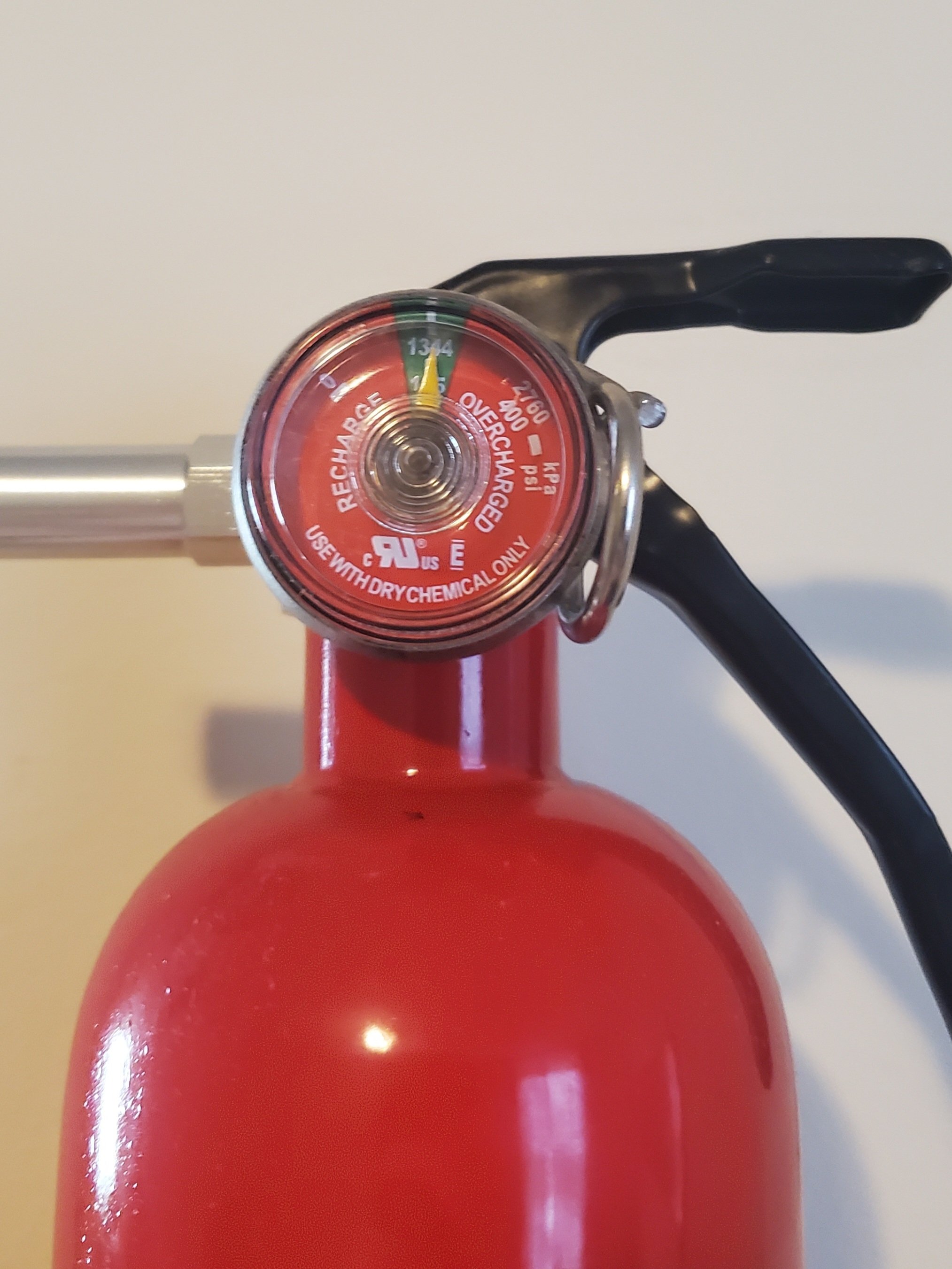Ask Lemmy
A Fediverse community for open-ended, thought provoking questions
Please don't post about US Politics.
Rules: (interactive)
1) Be nice and; have fun
Doxxing, trolling, sealioning, racism, and toxicity are not welcomed in AskLemmy. Remember what your mother said: if you can't say something nice, don't say anything at all. In addition, the site-wide Lemmy.world terms of service also apply here. Please familiarize yourself with them
2) All posts must end with a '?'
This is sort of like Jeopardy. Please phrase all post titles in the form of a proper question ending with ?
3) No spam
Please do not flood the community with nonsense. Actual suspected spammers will be banned on site. No astroturfing.
4) NSFW is okay, within reason
Just remember to tag posts with either a content warning or a [NSFW] tag. Overtly sexual posts are not allowed, please direct them to either [email protected] or [email protected].
NSFW comments should be restricted to posts tagged [NSFW].
5) This is not a support community.
It is not a place for 'how do I?', type questions.
If you have any questions regarding the site itself or would like to report a community, please direct them to Lemmy.world Support or email [email protected]. For other questions check our partnered communities list, or use the search function.
Reminder: The terms of service apply here too.
Partnered Communities:
Logo design credit goes to: tubbadu
view the rest of the comments


Your logic is not correct. Powder and people are not the same. Volume is volume, and particles of fire retardant are not changing size or quantity. If pressure drops substantially in an extinguisher, it’s leaking.
A can of fresh spray paint works because the seals are all still good and the nozzle isn’t clogged, and cans of used spray paint can leak out pressure or have the nozzle or other plumbing jammed up with dried spray paint.
You're right, the pressure gauge shouldn't change without a leak or temperature change (Boyle's Law and such). But it's hard to have a 100%, no-leak extinguisher. There's plenty of points of failure to keep the thing pressurized, and the leak could be imperceptible (over months) or a rapid failure
And you wanna keep contents from settling as well, so you don't just spray gas when trying to use it. So you mix it a bit and inspect the gauge every so often, because you don't want it to fail when you need it most
Ideally, it shouldn't lose pressure. But also ideally, you don't have a fire that requires an extinguisher in the first place
But yes, you're right on that one. "Settling" of the fire-retardent wouldn't cause a pressure change. It's just part of the safety inspection to check the gauge as well as to "mix" it... keeping it ready to go